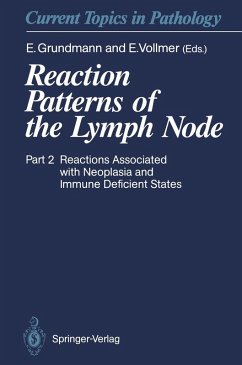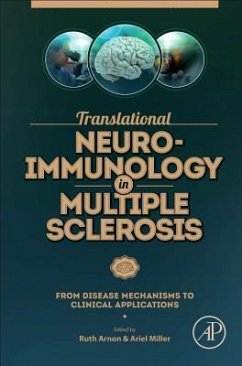
Essential Oncology of the Lymphocyte

PAYBACK Punkte
20 °P sammeln!
This book has been written from two points of view: firstly, from the viewpoint of those who are involved in the diagnosis and treatment of lymphoid malignancies, who must meet the challenge of integrating the new biological insights into their knowledge of these diseases; and secondly, from the viewpoint of those who are involved in basic biological approaches to malignancy and immunology, who wish to know more about the function of the lymphoid tissues and their malignant diseases. Neoplasia of lymphocytes is a focus for considering many of the most important biological advances impinging on...
This book has been written from two points of view: firstly, from the viewpoint of those who are involved in the diagnosis and treatment of lymphoid malignancies, who must meet the challenge of integrating the new biological insights into their knowledge of these diseases; and secondly, from the viewpoint of those who are involved in basic biological approaches to malignancy and immunology, who wish to know more about the function of the lymphoid tissues and their malignant diseases. Neoplasia of lymphocytes is a focus for considering many of the most important biological advances impinging on cancer in the past two or three decades, because malignant lymphoproliferative diseases offer unequalled opportunities for studying many aspects of cancer. We probably know more about lymphocytes than other normal cells because of the ease with which they can be obtained. For the same reason we probably know more about malignant lymphocytes. One or other aspect of most of the momentous advances in biology of the past two or three decades has implications for lymphoid malignancies: hybridoma technology and the use of monoclonal antibodies, gene technology, the understanding of oncogenes and growth factors in the control of growth and differentiation, insights into causation of cancer by potent tumour promoters such as the phorbol esters and by viruses, and knowledge of the control of growth function of lymphocytes themselves. Conversely, many of the advances in understanding lym phocytic leukaemias and lymphomas have implications for other cancers.














